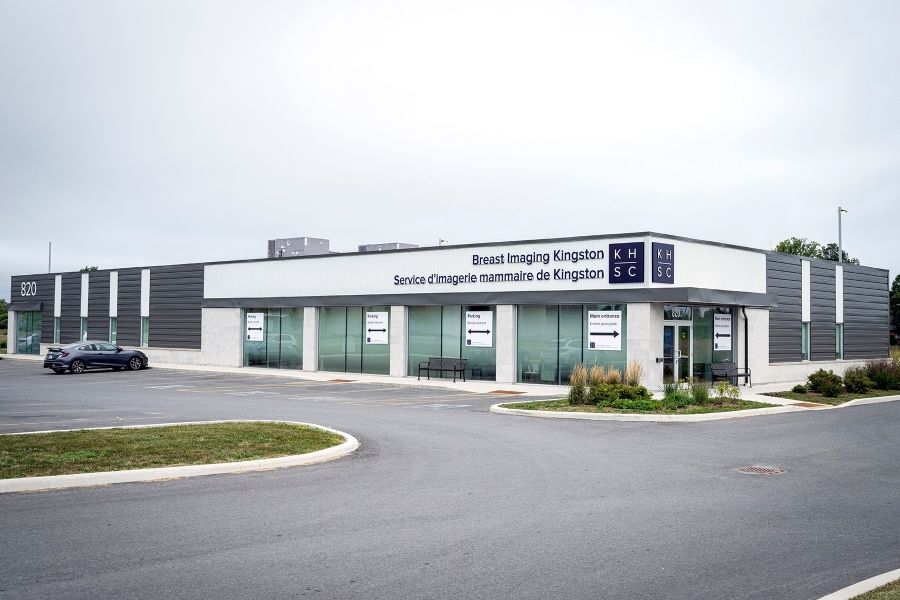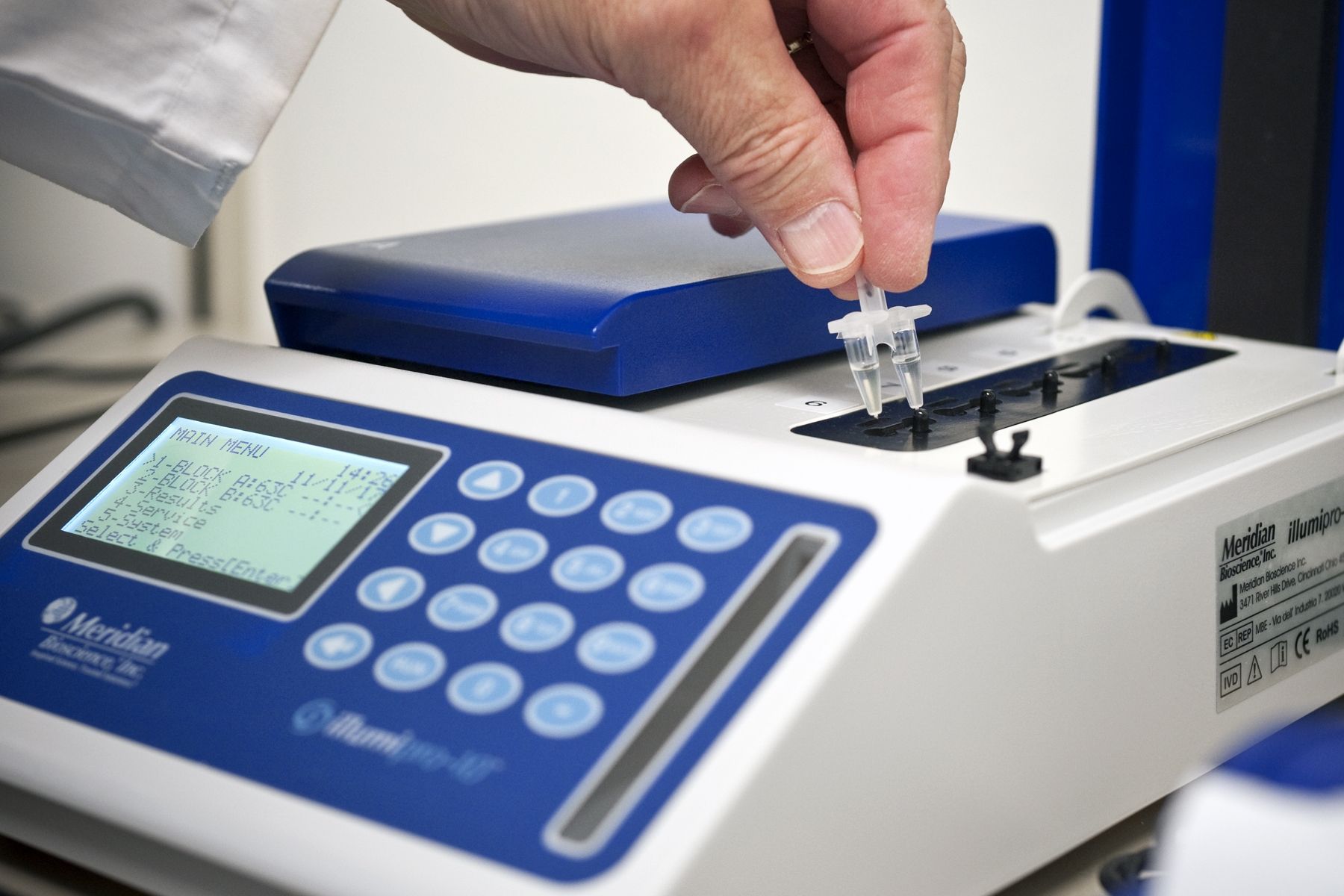
Controlling the spread of infections is a constant challenge for hospitals. Here at Kingston General Hospital, we've made great progress to reduce them over the past year - and that means a safer environment for patients and staff.
Our total number of hospital-acquired infections dropped significantly, by about 15 per cent this past fiscal year over the year before. Also, as of this week, we have reached a milestone of 14 straight months without an outbreak of C. difficile.
"To go over a year without a C. difficile outbreak would have been unthinkable here at KGH several years ago," says Dr. Gerald Evans, Medical Director of Infection Prevention and Control. "It's due to the diligent efforts of staff and several initiatives aimed at preventing hospital-acquired infections that we've been able to achieve this. Ultimately, these efforts improve the quality of care we deliver."
Some of these initiatives include the introduction of our new Antibiotic Stewardship Program. Antibiotics are known triggers of C. difficile infections in vulnerable patients, so it's important to make sure the drugs are only being prescribed when it's appropriate. As a result of this program, we've seen a significant 10 to 12 per cent decrease in the use of antibiotics across the hospital this past year.
Another change that's now helping reduce infections at KGH is our use of a highly sensitive C. difficile test. It allows staff to quickly find out if a patient is infected so they can be isolated and treated.
KGH's outstanding hand hygiene rates are also a big factor in our outbreak-free status. Our auditing program shows they are consistently at about 95 per cent across the hospital, which puts us in line with the best-performing hospitals in the province.
Our Environmental Services staff also play an important part in our success at keeping C. difficile at bay. They are focused on giving more areas of our patient-care floors regular deep cleans, such as nursing stations and other work areas just outside patient rooms. They are also using high-tech auditing tools to make sure the job is being done properly each time. Their work is scoring high in independent third-party cleaning audits being carried out for KGH by Westech, landing at about 80 per cent.
Thanks to our special grant from the provincial government, KGH is now almost carpet-free in patient areas of the hospital, with just a few more areas to go. "Each of these initiatives has contributed to our success. Still, to maintain this status, we need to keep up the momentum," says Evans.
According to the most recent survey results provided to KGH by the National Research Corporation of Canada our improvement efforts are being noticed by our patients and their families. Patients' satisfaction with the cleanliness of their room and the overall hospital environment is now at 84 per cent, up from 76 per cent last year.
"It's all adding up to a new culture of clean that is taking hold across KGH," says Jim Jeroy, Director of Environmental Services. "It's a positive change that is appreciated by everyone who counts on KGH. We're committed to continuing our efforts moving forward."
Gallery
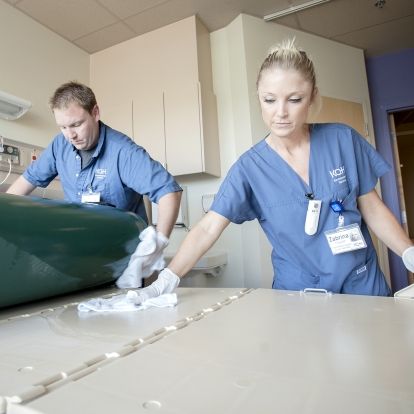
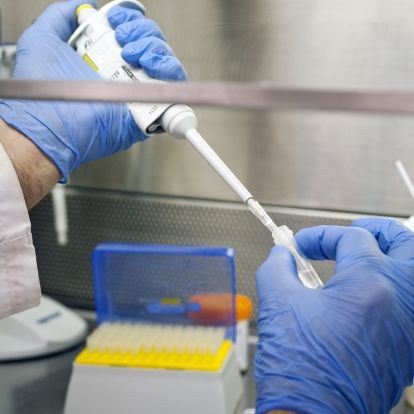
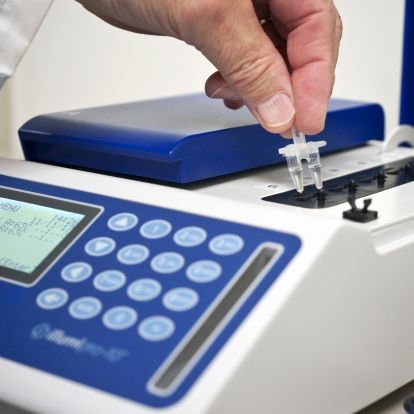
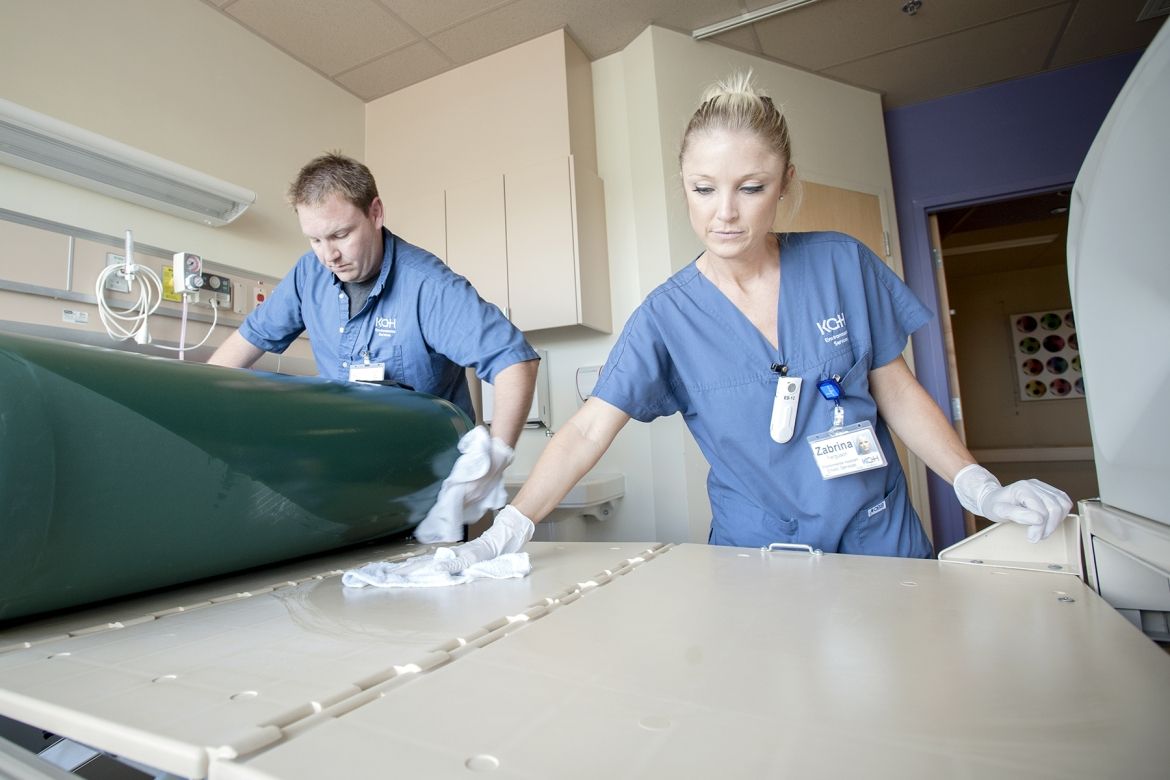
(From left) Environmental Assistants Ronnie Lott and Zabrina Ferguson work to ensure each patient room is cleaned to the highest standard.
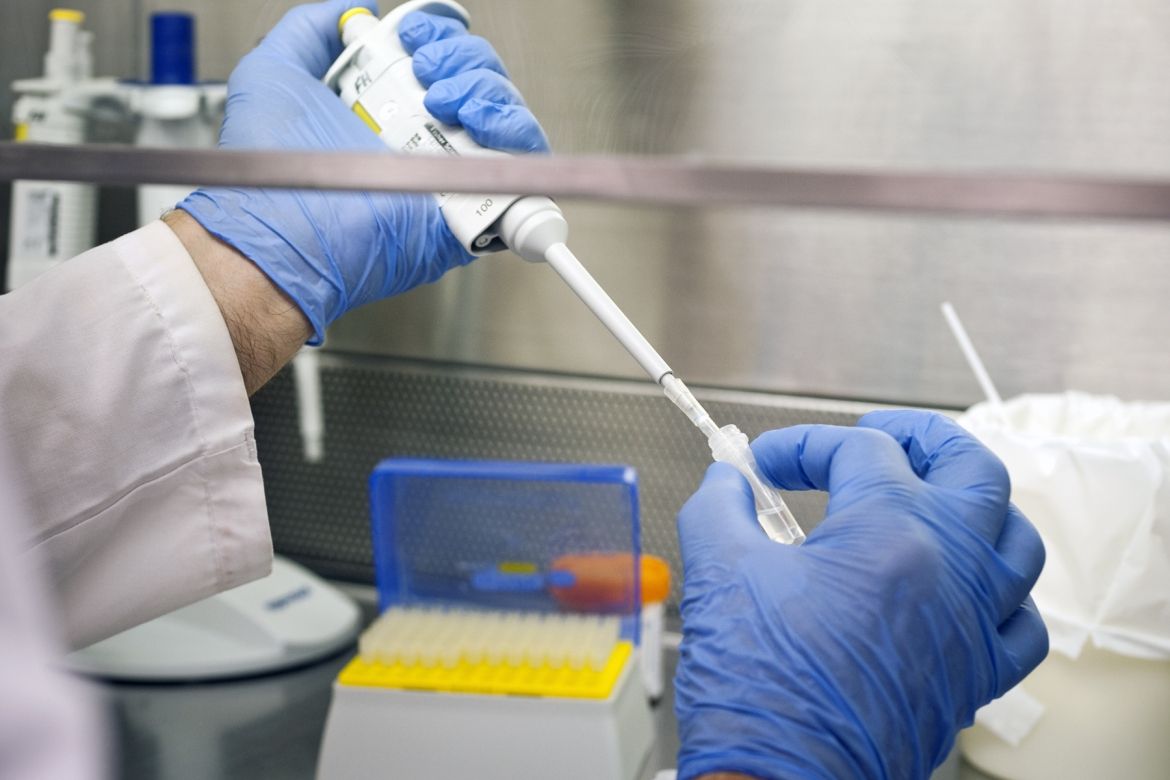
Quicker testing procedures help to identify positive results.
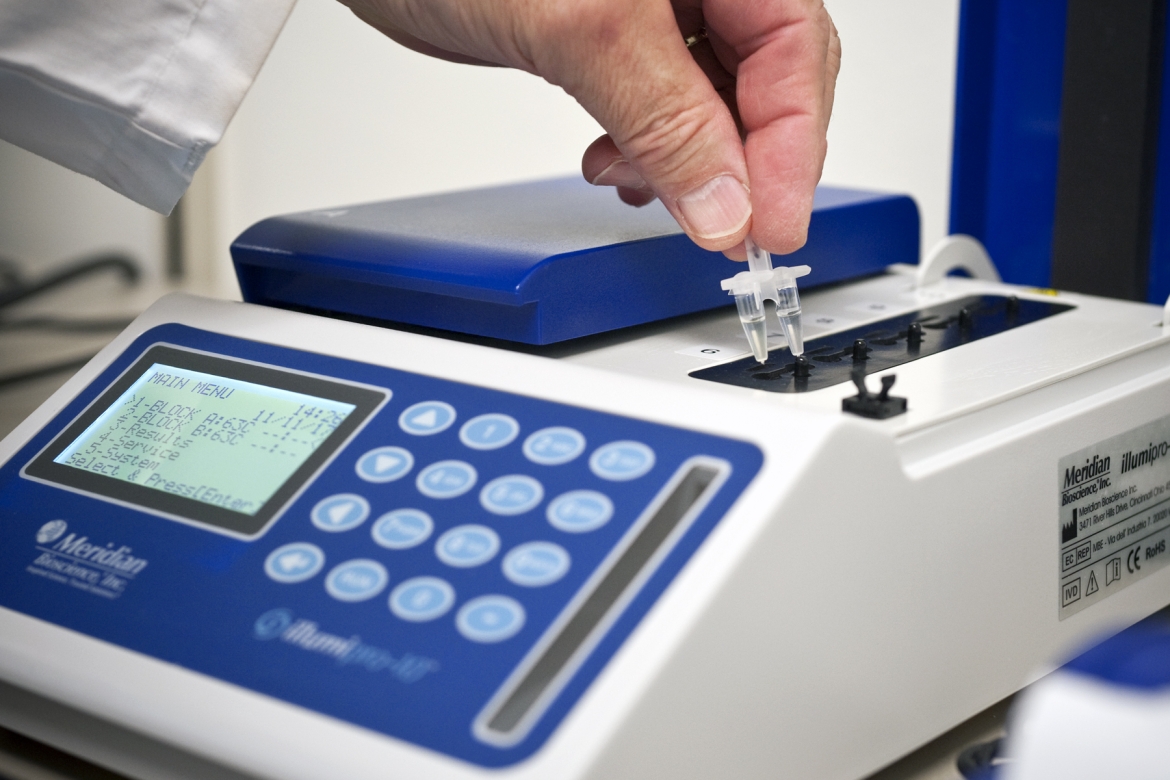
Quicker testing procedures help to identify positive results.



